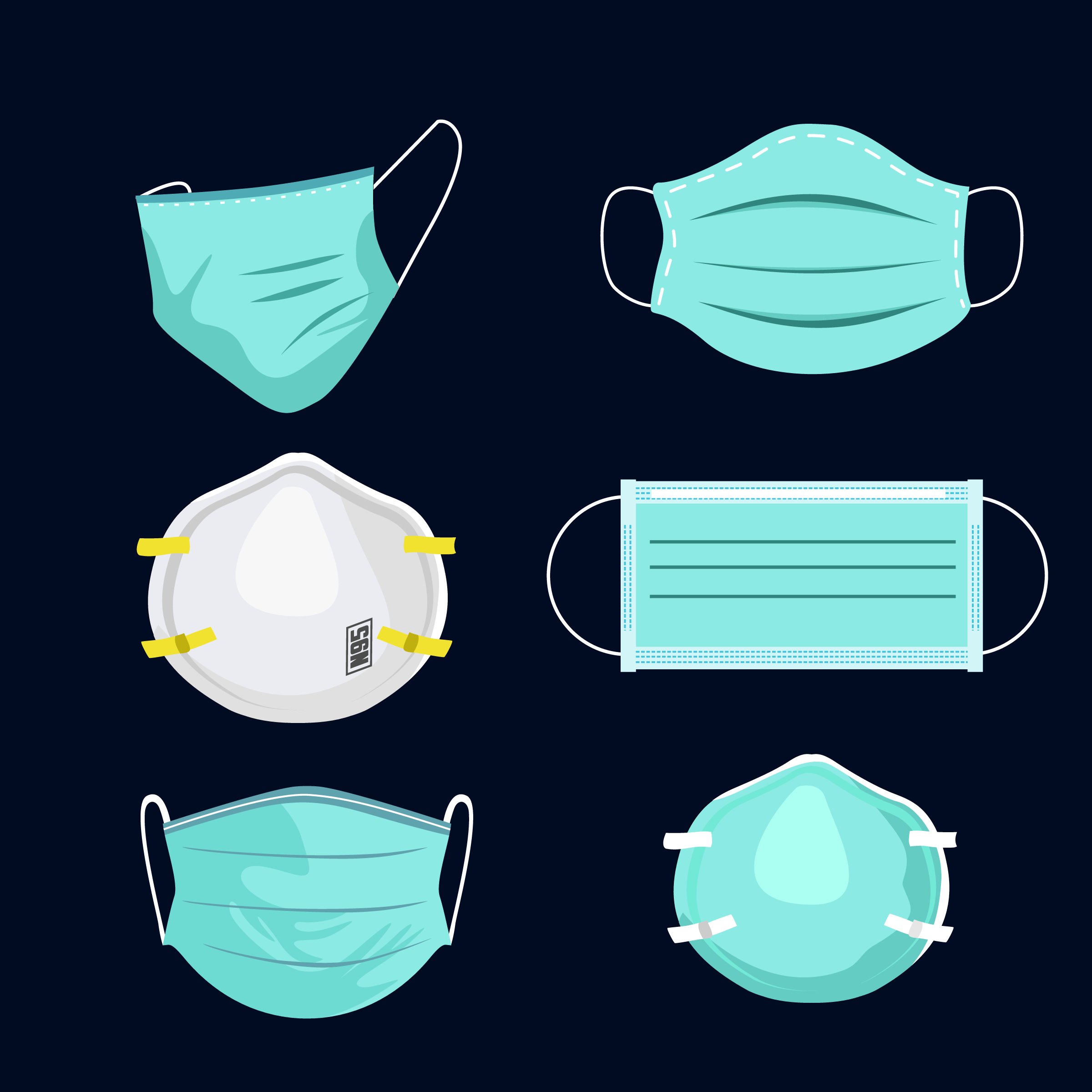Why are masks provoking anger and division among people?

Why are masks triggering anger and a divide among people?
This is my (a psychologist’s) attempt to explain how masks have come to provoke such strong emotional responses from people. This is not meant to be a debate, but to create space for us to understand the “WHY.” When we understand “why” we are feeling, thinking, or behaving in a certain way, THEN we can create change.
What is it about a seemingly neutral piece of protective gear that can be so inflammatory? Like many points of controversy, it’s not the thing itself but what it represents.
A Political Divide
Face masks have become tied to the political conflict over our national response to the coronavirus. Those who lean left politically tend to see the virus as a more dire threat; those on the right are more likely to downplay its seriousness or compare it to less contagious/deadly viruses like the flu, often following the lead of conservative politicians. Accordingly, masks may be seen as a marker of political loyalty, triggering feelings of us-versus-them. A politically liberal person may assume that someone wearing a mask is “on their team,” while those who don’t wear masks must be Fox News-watching Republicans. The anger they feel is not simply about the mask, but about believing the non-mask wearer is a certain type of person. Similarly, a person who does not wear a mask may assume those who do want to take away their individual freedoms. Being asked to wear a mask then becomes not just a request to protect the health of others, but to give up their worldview and political allegiance. For a lighter example, it may feel like asking a San Antonio Spurs fan to put on a Dallas Mavericks jersey!
We don’t like limits placed on behaviors
Our response to a perceived threat or loss of a behavioral freedom is referred to as “psychological reactance.” This reactance throws a person into a state or desire to regain that freedom. According to reactance theory, when people feel coerced into a certain behavior, they will react against the coercion. They often demonstrate an increased preference for the behavior that is restrained and may perform the behavior opposite to that desired. [proposed in 1966 Jack W. Brehm]
**It should be noted that this goes both ways…if people were “banned” from wearing a mask into a business or any place, they would be as equally upset as those being required to wear a mask. **
Now, cue embarrassment! When people feel embarrassed or humiliated, they really have two main ways to respond…they experience shame and/or guilt OR feel anger. When someone is asked to wear a mask in a building or asked to leave for not wearing a mask, the likely feel judged and embarrassed which can result in an aggressive reaction. Now focus is drawn to the feeling they are experiencing, and it's no longer about the mask.
Conflicting Information
The amount of miscommunication and inconsistent information is alarming at best. Realistically, it has created a communication disaster! People have not received consistent information about the pandemic in general and specifically mask wearing.
This is not to say that wearing a mask in public is simply a matter of personal choice. Masks aren’t like seatbelts: wearing a seatbelt is about ensuring your own safety. (Though, just like wearing a helmet on a motorcycle or bike, there is a societal benefit to avoiding serious, costly injuries that tax our medical resources and contribute to higher insurance rates.) While a mask helps protect the wearer, its most important benefit is in preventing the spread of coronavirus to others.
Consider viewing these sites for information about mask wearing:
https://www.cdc.gov/coronavirus/2019-ncov/prevent-getting-sick/about-face-coverings.html
A Constructive Response
If you’re reluctant to wear a mask when required, question any automatic thoughts you have about others trying to take away your freedom. Try to allow space to be curious about your emotion (what it feels like, where is it coming from, etc.). Most likely their goal is just to keep everyone safe, not to make you buy into a certain worldview.
As a psychologist, I would strongly urge all adults and parents to maintain awareness that children are watching. Whether you are wanting to be a role model or not, children are paying attention to how you talk about others and make decisions! They are watching how we handle conflict, what we do with our emotions, and how we respond to others. Even if you think you are keeping the mask conversation private, children are more perceptive than you think and they are aware of the emotional involved. It's best to talk with then directly about what is happening in a fact based way.
